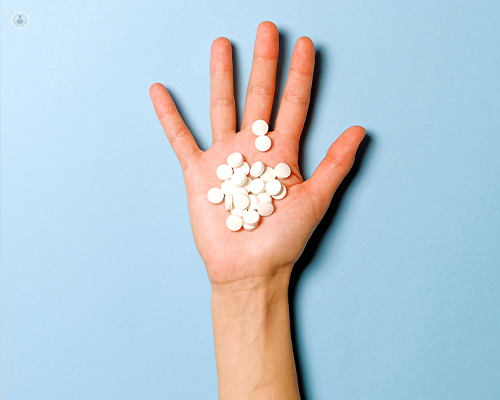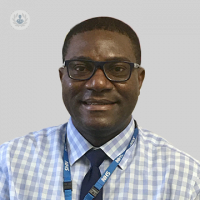Prescription drug addiction: Preventing, detecting and overcoming prescription drug abuse
Autore:Some very commonly prescribed drugs can lead to prescription drug addiction. This can lead to harmful consequences such as physical, mental and/or social complications. Here’s how to avoid it.

The most commonly abused prescription drugs
Benzodiazepines, mainly Alprazolam (Xanax), clonazepam ( Klonopin) and diazepam (Valium), which are commonly prescribed for anxiety, insomnia or panic attacks can be misused. Even when used as prescribed, they can also lead to physical dependence and addiction.
Opioids such as codeine, morphine and tramadol are commonly abused and can lead to oversedation and in some instances, death from respiratory depression. Others are amphetamines and over-the-counter drugs like pseudoephedrine and dextromethorphan (found in cough syrup).
How prescription drugs become addictive
The chronic use of many drugs can lead to physical dependency, albeit therapeutic dependency in some cases, even if taken as instructed.
This manifests as a physical adaptation of the body to the drug, requiring more of it to achieve a certain effect (tolerance) and eliciting drug-specific physical or mental symptoms if drug use is abruptly ceased or reduced (withdrawal symptoms). Physical dependence in itself does not constitute addiction, but compulsive drug use despite harmful consequences with or without emotional dependency (self-medicating stressors or emotional problems) can be classified as addiction
How to know if you have an addiction
Core signs of addiction are:
- When compulsive drug use leads to harmful consequences (either physical or mental) or social complications (such as inability to stop using a drug), which leads to failure to meet work, social, or family obligations.
- Tolerance to the drug
- Withdrawal symptoms
The best ways to prevent an addiction from forming
The best way to prevent addiction is to have awareness and understanding of how alcohol or substance abuse develops. Avoid using addictive drugs (illicit or prescribed) and avoid peer-pressure and triggers that cause temptation.
How patients can help themselves
Avoid self-medicating emotional problems and seek help from mental health professionals on time. Live a healthy, balanced life.
How psychiatrists can help
A psychiatrist can assess and recommend a personalised holistic treatment plan. Part of the assessment will cover physical health, mental health and social functioning to explore how these can cause or perpetuate addiction.
Explore Dr Edwin Ugoh’s profile to discover how his recovery-focused and collaborative approach can help you.


